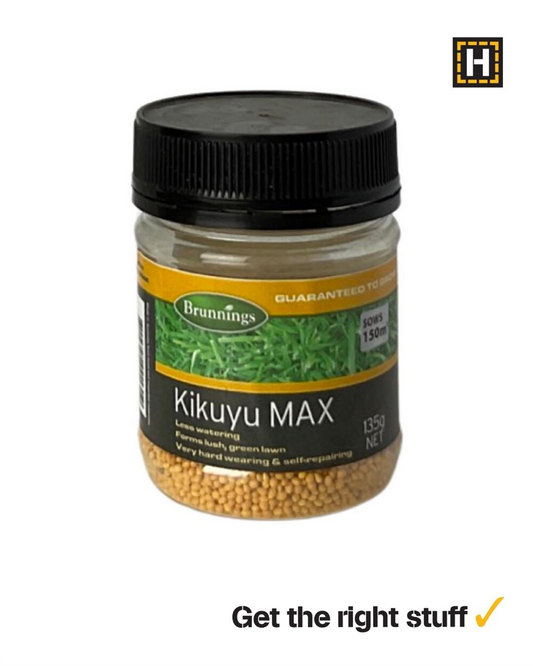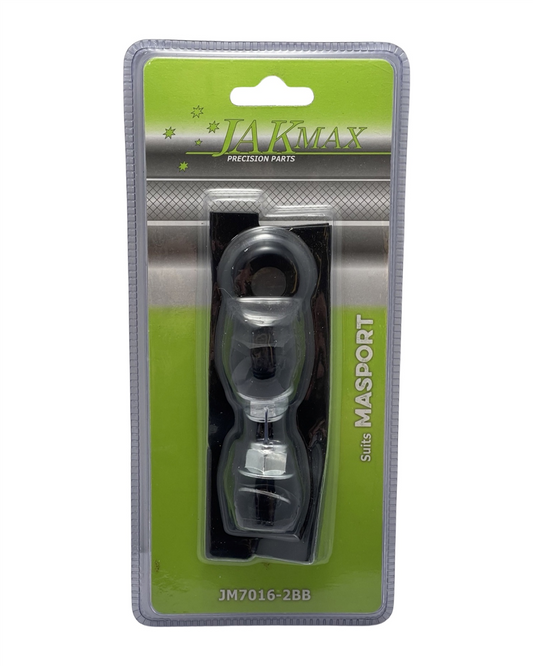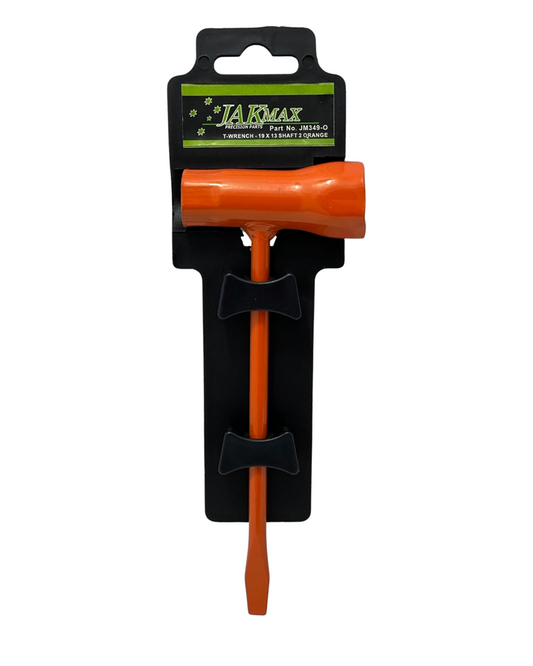What every new gardener should know about composting
Share
The Beginner’s Guide to Composting: Turning Scraps into Garden Gold
So, you've decided to start a garden—exciting times! But before you march into the nearest garden centre and buy every plant in sight, let’s talk about the secret ingredient that makes successful gardens thrive: composting. Don’t worry, it’s not complicated or smelly (well, not too smelly), and you don’t need a science degree to do it right. Let’s break it down, step by step.
Why Compost, Anyway?
Ever wondered what happens to your veggie peels, coffee grounds, or those sad, wilted lettuce leaves hiding in the fridge? Instead of sending them to landfill, composting gives them a new purpose—turning waste into nutrient-rich soil that helps your plants grow strong and healthy.
Think of compost like a superfood smoothie for your garden. It improves soil structure, boosts microbial activity, and helps retain moisture, which means less watering. Plus, it keeps unnecessary waste out of the bin, so it's a win all around.
What Goes In (And What Stays Out)
Not everything belongs in your compost pile. To keep things simple, follow this rule of thumb:
- Greens (Nitrogen-rich): Fruit and vegetable scraps, coffee grounds, tea bags, grass clippings.
- Browns (Carbon-rich): Dry leaves, shredded newspaper, cardboard, small branches.
- What to avoid: Meat, dairy, oily foods, pet waste, and anything treated with chemicals.
A good mix of greens and browns keeps your compost healthy and smelling fresh. Too many greens? It can get slimy and smelly. Too many browns? It might take forever to break down.
Setting Up Your Compost
There are plenty of methods, from a simple backyard heap to a fancy compost tumbler. Here’s a fuss-free way to start:
- Choose a spot: Find a shady spot in your yard with good drainage.
- Layer it up: Start with twigs or straw at the bottom for airflow, then alternate layers of greens and browns.
- Keep it moist: Your compost should be as damp as a wrung-out sponge. Dry? Add water. Too wet? Add more browns.
- Give it a stir: Turn your compost with a fork or shovel every couple of weeks to help it break down evenly.
How Long Until You Get Compost?
This depends on factors like temperature, moisture, and how often you turn your pile. On average, it takes anywhere from a few weeks to several months. When your compost turns dark, crumbly, and has a rich earthy smell, it’s ready to sprinkle into your garden.
Common Composting Questions Answered
“What if my compost smells bad?” Something’s off balance. Add more dry materials like shredded paper, and give it a good turn.
“Is composting difficult?” Not at all! Nature handles most of the work. You’re just giving it a little nudge in the right direction.
“Do I need worms?” Not necessarily, but if you want to speed things up, worm farms take composting to the next level.
Ready to Get Started?
Now that you know the basics, it’s time to create your own garden-boosting compost. Whether you’re growing flowers, herbs, or a veggie patch, healthy soil makes all the difference. If you need supplies or advice, swing by Strathalbyn H Hardware's Garden Centre. We’re happy to help with everything from compost bins to the best tools for the job.
Happy gardening!
Cheers, Candeece
 Stay Connected
Stay Connected
Join our gardening community on Facebook Urban Gardener's Notebook
And follow our Store Facebook Page: Strathalbyn H Hardware on Facebook









